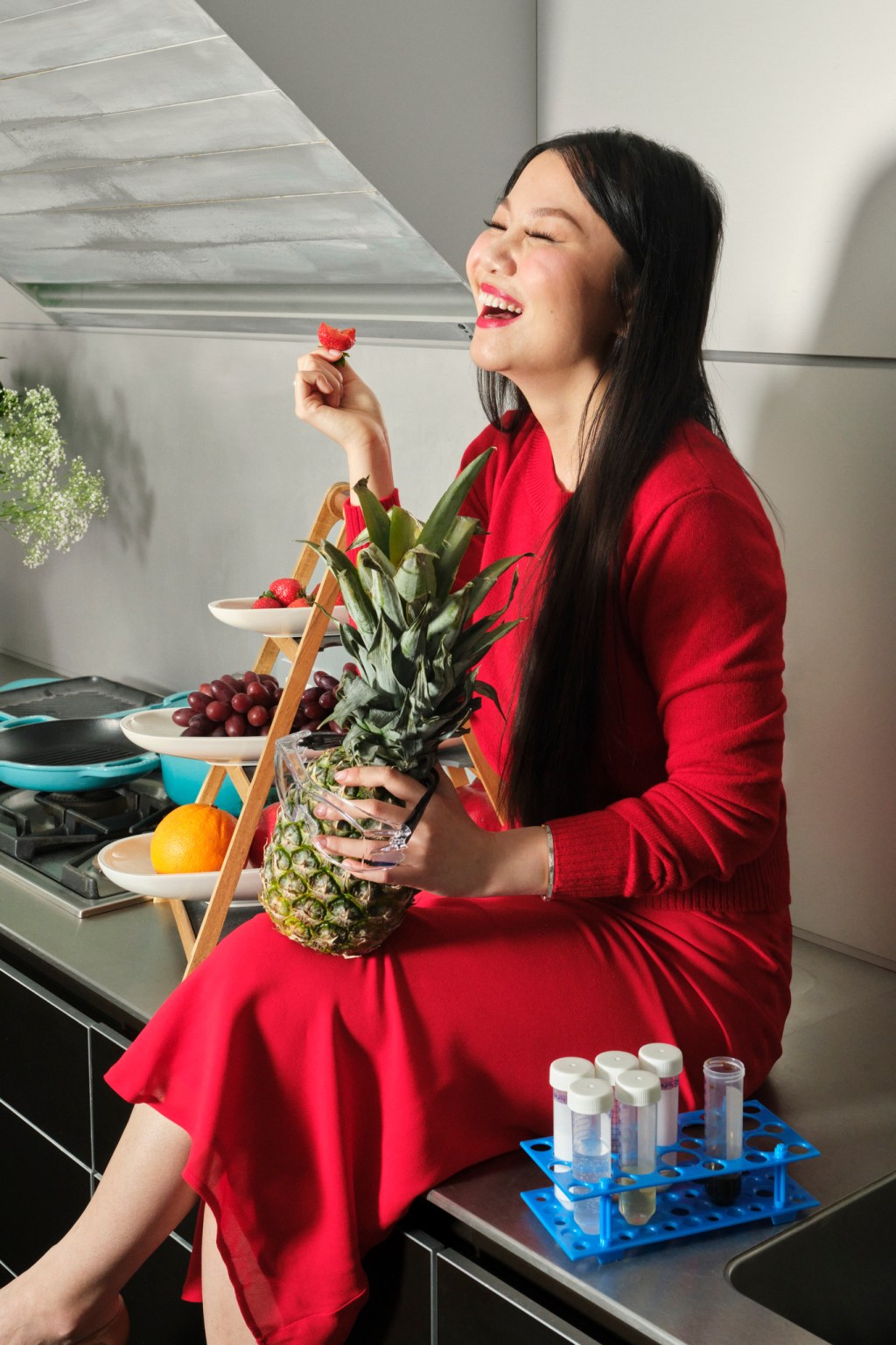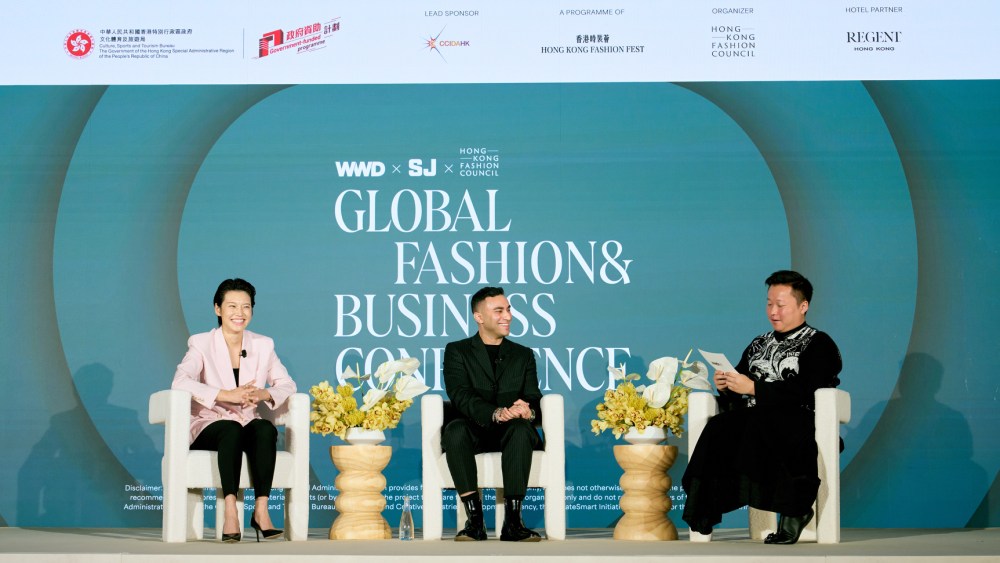Sophie Bai has a secret sauce.
A perfect accompaniment to tofu, vegetables or rice, the sauce is a spicy “palate-enhancer” involving vinegar, oyster sauce and generous, unmeasured amounts of garlic. As the founder and chief executive officer of biotech beauty incubator B.A.I. Biosciences, Bai is bound to precision when she’s in the lab — the kitchen is a different story.
“Cooking and science are both experimental, and they both require creativity. The difference is, sometimes silly mistakes are the fun part of cooking,” said Bai, whose latest shrimp scampi was improved with an impromptu splash of her drinking wine.
Related Articles
Born in China’s Henan province, Bai was four years old when her father, an electrical engineer, propped her up on a kitchen chair in front of the stove to prepare her first dish. “He bundled me up in an apron, gave me swimming goggles, and asked me to fry him a fish,” Bai recalled. “It was my first cooking experience, but also my introduction to chemistry and physics.”
Fourteen years later, Bai headed to MIT to pursue her bachelor’s degree in chemical engineering, where she helped develop novel treatments for lung cancer, prostate cancer and Type 1 diabetes. After stints in consulting, Bai leveraged this lab experience — and her own lifelong struggles with acne and eczema — to found B.A.I. Biosciences in 2020, aiming to build a “skin care empire” which addresses common skin concerns via breakthrough ingredients.
The incubator’s first brand, sun care-focused Pavise, debuted last March.
“I just felt there was this stagnancy in true science and innovation in the skin care field,” said Bai, whose proprietary DiamondCore zinc oxide molecule, which promises protection from all UV rays and visible light, is Pavise’s star ingredient. Other patent-pending molecules, which tackle myriad concerns, are “concluding the R&D phase or are ready for commercialization.”
“In 2023, we laid the groundwork, we proved we can take a molecule from lab to market — 2024 is going to be a big year for B.A.I. Biosciences,” Bai said.
Like her passion for science, Bai’s love of cooking, too, was immediate.
“I pretty much live in the microscopic, intermolecular world — that’s where I find excitement. When you add heat to fry things, steam things, boil things, and you can see the chemical changes in the food, that’s the part I love the most about cooking,” she said.
Though her college days at MIT saw her through an initiatory late-night instant noodles phase (“when I first came here, I just wanted all the typical American food — I was obsessed with mac and cheese for the longest,”) Bai has recently returned to the staples of her childhood — buns and noodles.
“For this 10-plus-year phase, I never craved Chinese food — then when I hit 30 it was just like, ‘wow, I miss the food I grew up with,” said Bai, whose favorite dish today, a beef in tomato and egg stew, is reminiscent of her upbringing in Henan.
More than being an avenue for experimentation, mealtimes have served as a foundational element of relationship-building for Bai, whether she’s preparing a Christmas meal of white truffle pasta and Japanese wagyu beef for loved ones or ordering Chinese takeout at work for B.A.I.’s 20-strong team.
“I don’t think of the process of cooking as a chore — it’s a fun thing for me, especially done with friends,” said Bai, who typically carves out time on weekends to cook for the week ahead, often to the mood-lifting music of the likes of Beyoncé and Rihanna. (“I love Adele, but I wouldn’t listen to her while I’m cooking — it’s just not suitable,” she said.)
Beyond expanding her brand portfolio, Bai has another ambition for 2024: refining her baking skills.
“Baking is not my forte; I never had an oven growing up, so it was always this foreign concept to me,” said Bai, for whom a matcha-infused soufflé is next on the menu. After all, she said, “baking is probably the most similar to chemistry.”



